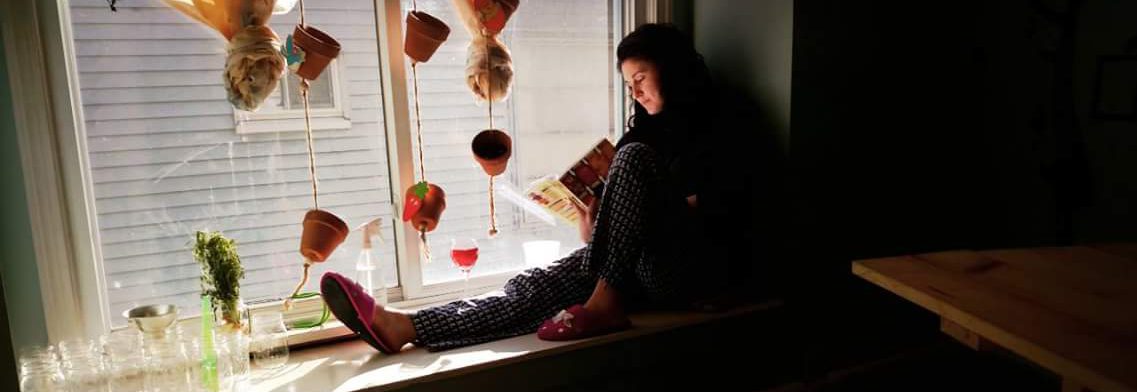“Look what the cat 😼drug in…literally. Mr. Simon Chipmunk was a little shaken up by Sox. Of course I had to rescue him. 😊😿💗👏”
‘The balance between preserving nature and the natural way of life is simply the respect of the kill.’
-Silent Echo
On a beautiful spring day earlier this week, my silly kitty cat who goes by Sox, was sun bathing in the yard. She suddenly seemed startled and sprung to her four paws. Crouching in the blades of grass, she balanced herself with grace and her true primitive roots were kicking in. I watched her intently to see what in the world could have bothered her. The air was still and warm and the earth seemed peaceful. I suddenly remembered that I never brought her food bowl out to the porch. “SOX! Come get your breakfast baby!”, I hollered from the hallway. My voice echoed through the open-aired house and out to the yard. Sox, sharply spins her head in my direction with a glare of intense concentration and I could see her body was just as still as before and had not moved other than her focus of sight.
After a few awkward seconds of a total stare off between us, her attention is brought back to focus on what originally plunged her up from the ground. Within another split second, she is off. She bolts along-side the garage on a primitive chase. I then see movement ahead of her. SHE IS HUNTING! Now I just feel awful. My poor kitty had to hunt for food because I waited too long to feed her. The poor animal, whatever it is, is going to get hurt…or worse, die. I charge out to the lawn and recklessly join the chaotic chase to save the poor soul. It must be a rat. Well, the cat is doing her job. After a few moments of chasing and my interceptions, Sox lost interest in her game. I find the furry fellow snuggled up to the side of the garage, heaving heavily and tuckered out from the race.
I instantly pick up the chipmunk and made a choice to save him from the claws of my vicious cat. As fun as it was to play and save the chipmunk, I was really conflicted about the whole thing. The balance of our earth is beautifully vicious. The nature of the circle of life is the natural response. In this moment, my cat was torturing this chipmunk purely out of fun for a game of cat and mouse…literally. However, would I have felt the same pity on the prey of her cousin cats like the lion or panther that was hunting to eat? Truth is, no.
Finding the balance in nature is a little bit more difficult today. Why do some humans hunt today when they don’t need to? Well, the truth to that is real simple. The food you buy in the store has to come from some where and chances are it was raised to slaughter and feed or it was hunted. We are a species who feeds on the skills of few. There is always the vegan argument or debate, which is more of a modern preference than a true natural way of life. My personal take on the hunter mentality is that the biblical teaching of the ‘food chain’ makes the point that animals serve more than a purpose to feed but also that our bodies need the source of meat.
I believe in the respect of the kill. Let one feed many. Let the life of that animal feed many people, many meals. Give the animal his earned badge purpose. The pig of a man who sits to devour careless amounts of steak in a sitting to himself is not respecting the natural kill or way of things. That is not the healthy way.
The little hysterical chase in my backyard was brought to an end because it was not the natural way. Yes, the nature of the cat is to hunt rodents and birds but that time was not necessary or natural. We do not eat meat with every meal at my house. Dinner is not made around the main dish of meat. I love steak, ribs and smoked pork. Do not misunderstand me! However, I do not stock up on the meat because its on sale. I buy a bulk meat to make many meals and portion respectable amounts.
The balance between preserving nature and the natural way of life is simply the respect of the kill.






